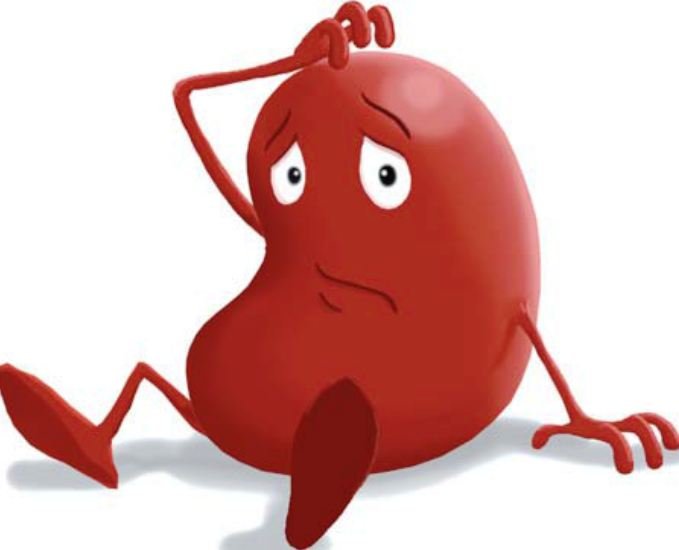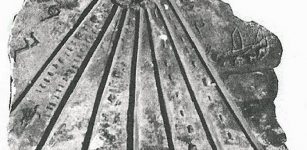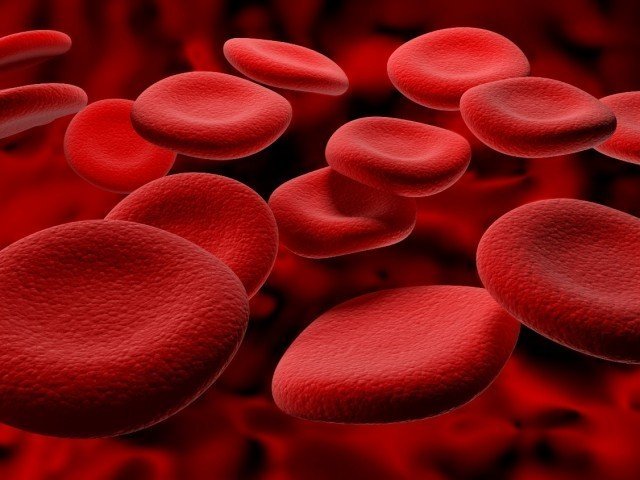Bombay Blood Is One Of The World’s Rarest Blood Groups
MessageToEagle.com – Most of us have heard of general blood types such as A, B, AB and O.
Bombay blood group, however is one of the world’s rarest blood groups and people who carry this rare blood type can accept blood only from another Bombay blood type individual, and not from anyone who is O, A, B or AB type.
It is estimated that about 1 in 10, 000 Indians and 1 per 1,000,000 individuals in Europe.
The h/h blood group, also known as Oh or the Bombay blood group was discovered in 1952 in Bombay, India by Dr.Y.M.Bhende.
Two patients needed blood transfusion, but none of the blood types known until then worked for them. The moment their blood samples were mixed with any of the above types, the blood coagulated or clumped up.
The Bombay (Oh) phenotype is characterized by the absence of A, B, and H antigens on red cells.
See also:
Rarest Blood Types On Earth – How Unique Is Your Blood?
Is Rh Negative Blood Type Of Extraterrestrial Origin?
Rare MC1R Gene Reason Why Redheads Are Genetically Superior And Special
People With Blue Eyes Have One Common Ancestor Who Appeared 10,000 Years Ago
Doctors discovered that hh type (Bombay type people) can accept only from other hh type, and also can receive only from the hh types. This makes the Bombay Blood types a very special and rare category of people.

Given that this condition is very rare, any person with this blood group who needs an urgent blood transfusion will probably be unable to get it, as no blood bank would have any in stock.
Why Is Bombay Blood Group So Rare?
The reason shy Bombay blood group is so rare is largely because of extensive inbreeding within the same lineage or close-community marriages. When people who live in very small isolated communities marry and have children the ‘blood type’ or the gene pool is greatly restricted.
MessageToEagle.com
Expand for referencesRelated Posts
-
 Walking Corpse Syndrome: People Who Believe They Are Dead
No Comments | Jan 2, 2016
Walking Corpse Syndrome: People Who Believe They Are Dead
No Comments | Jan 2, 2016 -
 Controversial Davenport And Pontotoc Stele Reveal Ancient Egyptians And Black Africans Visited North America
No Comments | Jun 27, 2014
Controversial Davenport And Pontotoc Stele Reveal Ancient Egyptians And Black Africans Visited North America
No Comments | Jun 27, 2014 -
 Invisible Aliens: Extraterrestrial Life May Be Beyond Human Understanding
No Comments | Aug 22, 2014
Invisible Aliens: Extraterrestrial Life May Be Beyond Human Understanding
No Comments | Aug 22, 2014 -
 Florentine Codex: Remarkable Manuscripts About Life Of The Aztecs
No Comments | Nov 15, 2016
Florentine Codex: Remarkable Manuscripts About Life Of The Aztecs
No Comments | Nov 15, 2016 -
 Is Everything Predetermined Or Do We Have A Free Will?
No Comments | Mar 26, 2018
Is Everything Predetermined Or Do We Have A Free Will?
No Comments | Mar 26, 2018 -
 This Native American Chief Risked All To Give Us The Prophecies And Knowledge Of The Star People—The Story Of How Standing Elk Became Chief Golden Light Eagle
No Comments | Apr 27, 2017
This Native American Chief Risked All To Give Us The Prophecies And Knowledge Of The Star People—The Story Of How Standing Elk Became Chief Golden Light Eagle
No Comments | Apr 27, 2017 -
 Quantum Physics May Have Proved There Is Life After Death And There Is A Quantum Code For All Living Beings
No Comments | Dec 1, 2017
Quantum Physics May Have Proved There Is Life After Death And There Is A Quantum Code For All Living Beings
No Comments | Dec 1, 2017 -
 Breatharians: People Who Claim To Live On Cosmic Energy – Is It Really Possible?
No Comments | Sep 8, 2017
Breatharians: People Who Claim To Live On Cosmic Energy – Is It Really Possible?
No Comments | Sep 8, 2017 -
 Mysterious Gympie Pyramid: Evidence Of An Ancient Lost Civilization In Australia?
No Comments | Feb 13, 2020
Mysterious Gympie Pyramid: Evidence Of An Ancient Lost Civilization In Australia?
No Comments | Feb 13, 2020 -
 Tages: Etruscan Prophet Who Revealed Sacred Knowledge Before He Vanished
No Comments | Mar 1, 2016
Tages: Etruscan Prophet Who Revealed Sacred Knowledge Before He Vanished
No Comments | Mar 1, 2016

